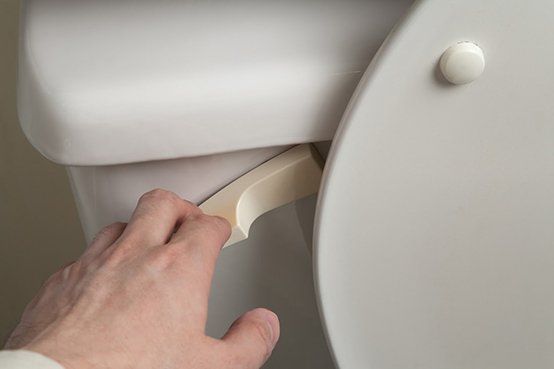Gastrointestinal Issues That Mimic Celiac Disease

You can experience celiac disease-like symptoms, but actually have something else. Three gastrointestinal diseases can easily be mistaken for celiac disease (CD) and vice versa. Irritable bowel syndrome (IBS), Crohn's disease, and ulcerative colitis all share symptoms with celiac disease. All of these diseases can get worse and cause serious problems if not diagnosed and treated correctly. Here is more information about how they mimic celiac and how to get properly diagnosed.
How Is CD Similar to IBS, Crohn's, and Ulcerative Colitis?
The main similarities of all four conditions are that they affect digestion and cause problems in the intestinal tract. Therefore, they share several common symptoms such as the ones listed below:
- Diarrhea
- Nausea
- Bloating
- Anemia
- Weight loss
- Abdominal pain
Crohn's and ulcerative colitis also share an autoimmune connection with CD. This autoimmune response eventually ends up damaging the intestinal tract. Many of these conditions have a connection to food and often symptoms show up after you consume a meal. However, many people with CD, experience no gastrointestinal symptoms at all.
How Is CD Different from IBS, Crohn's, and Ulcerative Colitis?
Everything, except for CD, involves inflammation of the intestinal tract. This means that parts of the intestines swell up and become inflamed during the course of the disease. Irritable bowel syndrome may also include an overactive and easily irritated intestinal tract. Crohn's, ulcerative colitis, and IBS can affect any part of the intestinal tract while CD affects the small intestine.
Crohn's disease can also cause inflammation outside of the intestinal tract such as in the eyes, mouth, and even the liver. Both Crohn's and ulcerative colitis cause serious ulcers that may require surgery. Both these diseases have different dietary triggers than CD, but could also react to gluten. With CD, the problem isn't so much inflammation but damage to the lining of the small intestines.
How Does a Doctor Diagnose These Diseases?
A doctor can check for some of these diseases through blood tests. However, most need a more thorough examination of the intestinal tract to confirm the diagnosis. Here are some ways each disease is diagnosed.
Endoscopic Biopsy
This is one of the most common ways to confirm celiac disease. The doctor sends a small tube down to your small intestines. Tissue is extracted and examined under a microscope.
Colonoscopy
For diseases of the large intestines, a colonoscopy is the best way to examine this area for sores and other abnormalities.
Capsule Endoscopy
This type of endoscopy involves swallowing a small camera to examine your small intestines. It's especially useful if the doctor needs to reach areas not accessible with traditional endoscopy.
How Are These Diseases Treated?
A doctor can check for some of these diseases through blood tests. However, most need a more thorough examination of the intestinal tract to confirm the diagnosis. In many cases, you may need to change your diet or lifestyle to reduce symptoms. For example, people with IBS may need to cut out certain foods and increase fiber. People with celiac disease may need help from a dietitian to eliminate gluten and replace it with healthy alternatives.
Severe cases may require more drastic measures like medication and possibly even surgery. Crohn's disease and ulcerative colitis often require treatment with antibiotics, anti-inflammatory medications, and immune suppressants. These are in addition to changes in the diet.
If you experience severe intestinal problems, don't make guesses about your health. If you have any of these four diseases, then you won't get better without help. Kentuckiana Gastroenterology has all the tools to diagnose and treat diseases of the digestive system. Call us for an appointment to see one of our gastroenterologists for a consultation and examination.

















